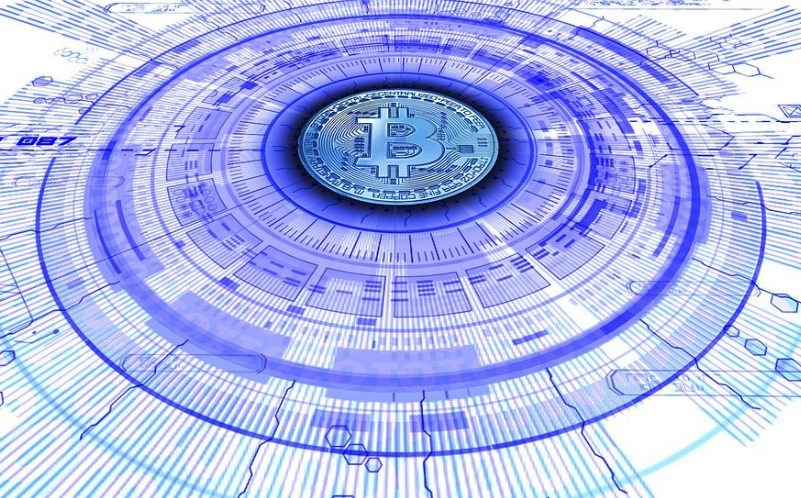You have probably heard about the virtually unbelievable returns offered by Bitcoin, the largest cryptocurrency by market capitalization that has probably become the single most valuable commodity in the world. According to a Coindesk report, Bitcoin jumped 6.6%, leaping $428 in just 20 minutes on August 22, 2018, to breach earlier thresholds. The proponents of Bitcoin are not surprised by such spikes. They have seen the mind-boggling journey of Bitcoin from its price of less than a cent in 2010 to a peak of $16,000 in December 2017.
If the rise of Bitcoin is spectacular, the fall is equally astonishing. For instance, in March 2018, an announcement by the US Securities Exchange Commission (SEC) that digital asset exchanges will be required to register with the federal agency wiped $1000 USD off of the price of Bitcoin.
Sometimes, there’s not even a good reason for such unexpected volatility. For example, the $428 leap of August 22, 2018, was attributed to positive investor sentiment, then on August 23 following the SEC’s expected decision to reject all the proposed Bitcoin ETF’s, the price fell to $6337.70; then within days recovered to $6,944. Experts now predict that the SEC will approve the first ETF’s sometime in the first quarter of 2019. Whether this is the reason or not, a total rise of $11 billion in the market would undoubtedly be a defining event. When dealing with such volatility, you need a secure exchange.
Choose an Exchange That Works for You
When investing your hard-earned money in ever-volatile Bitcoins, exchanges are an incredibly useful tool to guide your investment journey. However, you choose to invest, make sure your chosen Bitcoin exchange is reliable and steadfast. However, choosing the best Bitcoin exchange can be a strenuous task; you need to have a checklist, and you should ensure that you have ticked off all the points on the list for the exchange you have chosen.
The most critical aspects are reputation, transparency, customer support, and payment methods. Clarity is the name of the game. You need to be confident that you are doing business with a trustworthy Bitcoin exchange service that delivers transparent information about the coins in cold storage, an offline means of storing your digital assets; in this case, your Bitcoins.
Timothy Tam, co-founder, and CEO of CoinFi, a cryptocurrency market intelligence platform advises that you should make sure that the exchange you choose keeps a majority of its assets offline. When you are looking at the reputation of an exchange, you are looking at its track record and history.
Get yourself educated before you choose an exchange. Research at this stage may well save you in the long run. Avoid operations where you cannot confirm a real street address, or reach a live person on the telephone; if all they have is a PO Box that is probably a bad sign; awareness is the key.
The best bitcoin exchanges are secure and well-reviewed. Just like virtually everything else since the birth of the internet, a quick search for reviews may very well save you from a significant mistake. If their average rating is weak, they’re not worth your time or moreover your hard-earned cash. You should also look out for online forums to find out if an exchange has been hacked or has faced a cyber-attack.
Make sure the exchange you chose works for you. For instance, some do not even accept US payments citing, among other things, a challenging regulatory landscape. Further, secure exchanges often charge a higher transaction fee, a premium for the security offered. You could risk that security if you are lured in by lower transaction rates.
Most Importantly, Understand the Risk
It is always important to understand the volatile nature of Bitcoin before investing. If the Mt. Gox hack taught us anything, it’s that investors can seriously flirt with disaster if they’re not careful about who they do business with.
You would also want to pick an exchange with high volume because a higher volume tends to lead to higher price accuracy since the exchange is processing many transactions at once rather than a few transactions per hour, over the course of which you could gain or lose thousands of dollars.
Remember this is your real money and not a computer simulation, so please be careful.











